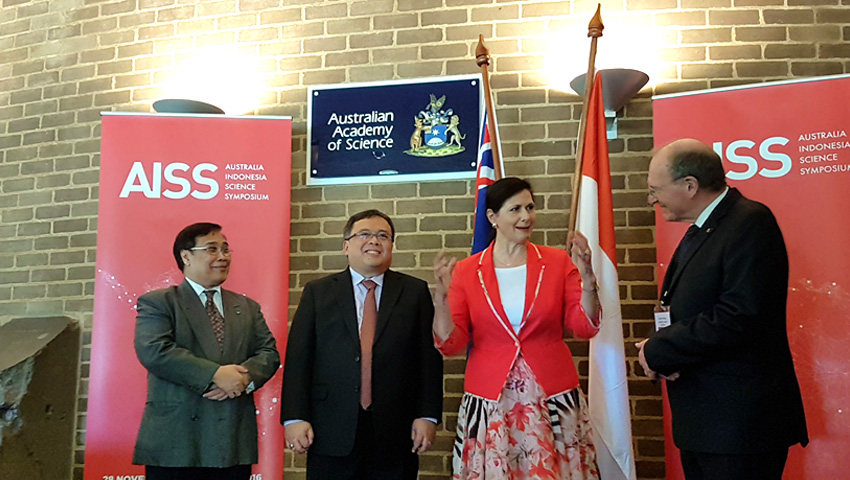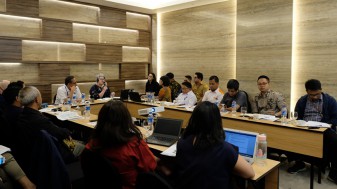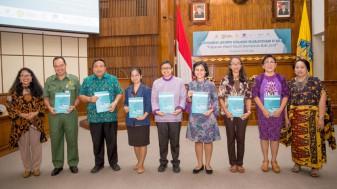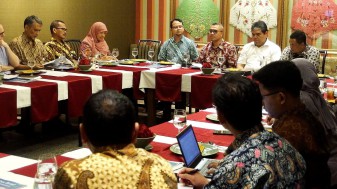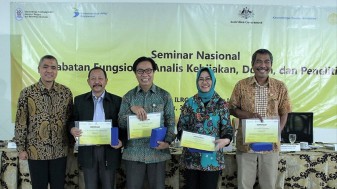After many months of planning, the Australia-Indonesia Science Symposium was held between 28 November and 1 December to great acclaim. The high-level event was opened by Indonesia’s Minister of National Development Planning, Bambang Brodjonegoro, and Australia’s Minister for International Development and the Pacific, Concetta Fierravanti-Wells, together with the presidents of the Indonesian and Australian scientific academies as the co-hosts of the symposium. The Indonesian delegation included senior officials from Bappenas and the Ministry of Research, Technology and Higher Education who, in addition to attending the symposium, held talks with the Department of Foreign Affairs and Trade, the Australian Productivity Commission, CSIRO, and universities.
At a public event on 28 November, leading Indonesian and Australian researchers presented the results of their work on some of our region’s most pressing issues, including combatting dengue and malaria, preserving our marine environment, improving agricultural productivity, and harnessing the potential of big data and new technologies. Following this, 60 established and early- and mid-career scientists and researchers from Indonesia met with their Australian counterparts in parallel two-day workshops. Organised around the symposium’s themes of health, marine science and climate change, agriculture, and big data and disruptive technologies, the workshops showcased the work of researchers from both countries around a range of common challenges. On the final day, the symposium was again open to the public and participants discussed the perks and pitfalls of building a scientific career, opportunities for funding and bilateral scientific collaboration, and the challenges of communicating and using research to inform public policy.

